Asphalt coating?
ajw_in_va
10 years ago
Related Stories
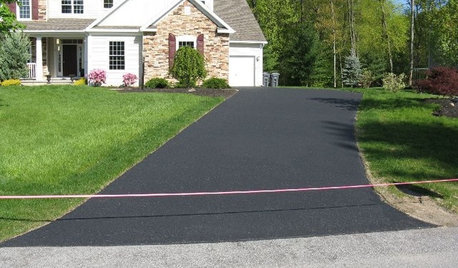
CURB APPEALHow to Reseal Your Asphalt Driveway
Protect your driveway and keep it looking great by applying new sealer every couple of years. Get the details here
Full Story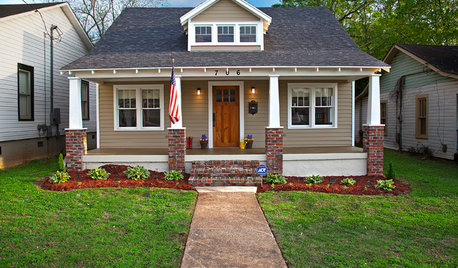
MATERIALSThe Most Popular Roofing Material is Affordable and Easy to Install
Asphalt shingles, the most widely used roof material in the U.S. are reliable and efficient, and may be right for you
Full Story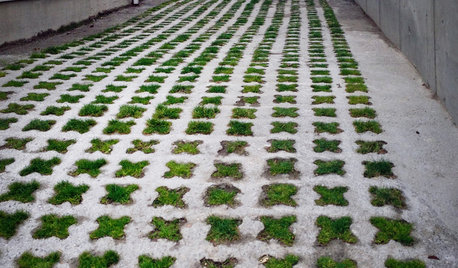
EARTH DAYHow to Build a Greener Driveway
Install a permeable driveway to keep pollutants out of water sources and groundwater levels balanced
Full Story
ARCHITECTUREWhat You Must Know About the Sun and Your Home
Learn about the powerful effects of sunlight on house materials and more, and see 7 homes that address the sun's rays beautifully
Full Story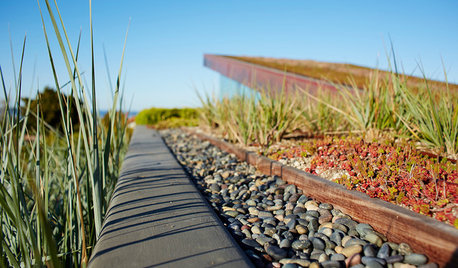
ROOFS8 Alternative Roof Materials to Buck the Mainstream
Looking for something to raise your roof in the neighborhood? Consider synthetic tiles, recycled composite shingles, green roofs and more
Full Story
PATIOSPatio Details: Color and Industrial Touches Transform a Narrow Spot
A roll-up garage door connects a San Diego home to the outdoors and its new patio dining area and colorful mural
Full Story
GREAT HOME PROJECTSHow to Give Your Driveway and Front Walk More Curb Appeal
Prevent injuries and tire damage while making a great first impression by replacing or repairing front paths
Full Story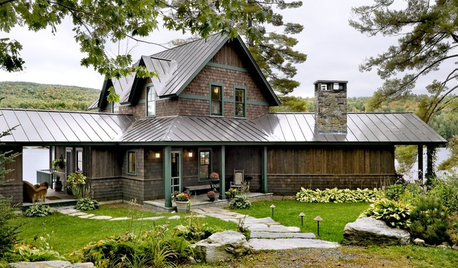
REMODELING GUIDESMaterials: The Advantages of a Metal Roof
Metal reigns in roofing style, maintenance and energy efficiency
Full Story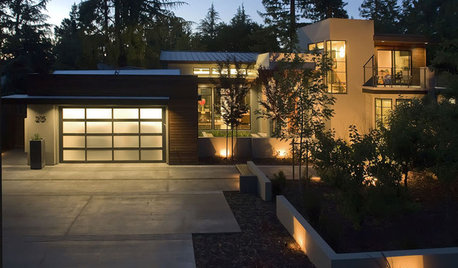
REMODELING GUIDESConcrete Driveways: Poring Over the Pros and Cons
Concrete adds smooth polish to driveways and a sleek look to home exteriors, but here are the points to ponder before you re-surface
Full Story
FLOORS5 Benefits to Concrete Floors for Everyday Living
Get low-maintenance home flooring that creates high impact and works with home styles from traditional to modern
Full Story





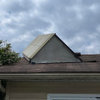


GreenDesigns
klem1
Related Professionals
Gilbert Kitchen & Bathroom Remodelers · Glen Carbon Kitchen & Bathroom Remodelers · Coffeyville General Contractors · El Sobrante General Contractors · Martinsville General Contractors · Redding General Contractors · Universal City General Contractors · Woodmere General Contractors · Chesterfield Painters · Lawrenceville Painters · Cartersville Painters · Matteson Painters · North Aurora Painters · Oxnard Painters · Rancho Palos Verdes PaintersUser
ajw_in_vaOriginal Author
live_wire_oak
Elmer J Fudd
Joseph Corlett, LLC
shw001
bus_driver